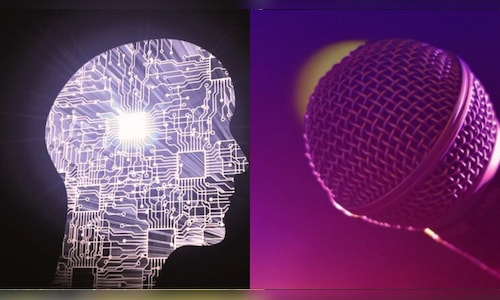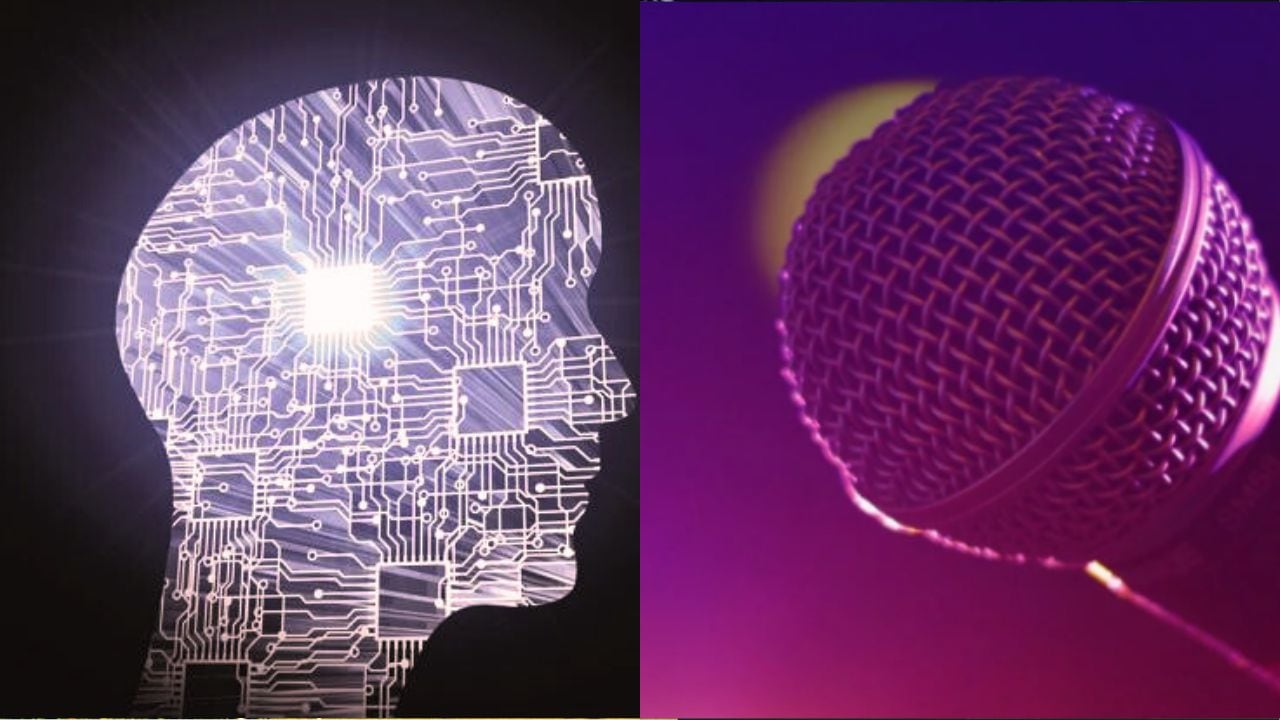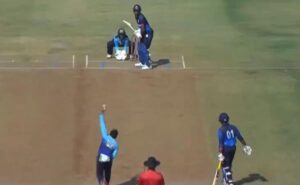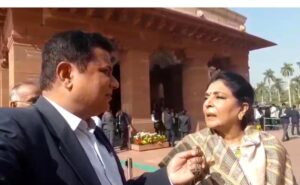

So, how did the band release a song written in the late 1970s? Well, with a little bit of effort and some Artificial Intelligence (AI). With advanced technology, the two surviving Beatles — Paul McCartney and Ringo Starr – could ‘take a sad song and make it better’.
This is one of the many examples of how AI has permeated into music-making in the ever-evolving soundscapes of the world. Over the years, AI has been deployed in a multitude of roles — from production, post-production and in certain cases, even songwriting.
Earlier in June, Sony Music, Universal Music Group, and Warner Records sued AI companies Suno and Udio, accusing them of mass copyright infringement by using their recordings to train AI systems that could replace human artists.
With Large Language Models (LLMs) like OpenAI’s Chat GPT and Google’s Gemini, you’re just a couple of keywords and a solid command prompt away from getting a song written in a few seconds. Once you enter the studio, the playground becomes bigger, levels go higher and AI’s role intensifies.
LLMs are a type of artificial intelligence designed to understand and generate human language. They are trained on large datasets to produce text that mimics human communication.
To cut it short, anyone with access to AI tools can now create music — from music to lyrics to artwork — and own every bit of it. Well, almost.
With great power, comes great responsibility and a greater need to protect artists and their precious art (music, in this case) from being illegally accessed and deployed by AI tools. That’s where the law comes in.
Also Read: Nvidia CEO Jensen Huang thinks the world’s toughest LLM will be built in India
What does the Indian law say about AI, Intellectual Property Rights and Copyright?
India says that the existing IPR regime is well-equipped to protect AI-generated works and there is no need to create separate categories of rights. Earlier this year, Former MoS Commerce and Industry Som Parkash told the Rajya Sabha that, “while AI and related innovations is an evolving stream of technology the current legal framework under the Patent and Copyright Act is well-equipped to protect AI-generated works and related innovations.
Presently, there is no proposal to create any separate rights or amend the law in the context of AI-generated content.”
We spoke to legal experts to dig a little deeper and find out what they think of the existing legal framework in the context of AI and IPR and if there’s a need to revisit the legislation. Here’s what we discussed:
Need for re-assessment, scrutiny and a closer look
Ketan Mukhija, Senior Partner at Burgeon Law, said the rise of AI in music creation has raised critical questions about the adequacy of India’s existing IPR regime. While the government asserts that it is well-equipped to address AI-generated works without necessitating a separate category of rights, this stance warrants deeper scrutiny.
Mukhija also highlighted how the existing laws protect original, human-created work and how AI changes the equation completely and redefines ‘creations’.
“Traditional copyright laws protect original works of human authorship, but AI complicates this paradigm since its “creations” stem from pre-existing data, often including copyrighted material. This ambiguity raises concerns about ownership, originality, and liability. Several global instances—though less frequent in India—have showcased disputes where artists alleged that
AI-generated content either mirrored their work or incorporated elements of their style without consent,” said Mukhija.
Mukhija added that such scenarios highlight gaps in addressing derivative works, enforcement challenges, and fair attribution. He batted for revisiting the IPR framework to introduce clearer guidelines —particularly for generative AI — which ‘could help balance innovation with the rights of creators, ensuring fair recognition and accountability in this evolving landscape.
Addressing the ‘grey areas’
Anupam Shukla, Partner, Pioneer Legal, said, for now, the Copyright Act may be adequate to protect the kind of uses of AI that we see in the music industry. However, according to Shukla, issues may arise when people use AI to create music or say write the lyrics of a song using an LLM, instead of just using AI as a processing tool in music production.
“You feed in a few keywords and ask the AI tool to write you a song. In this situation, you are the one who’s writing a “prompt” and effectively, you can be considered the author of that creative work — plain and simple —and the Copyright Act will have to appropriately protect you,” said Shukla, stressing the need for a revisit of such grey areas where the writers of the prompt, in a way, might become the owners of the content.
Shukla added that if the original creator whose work was referred to or was used in training the LLM sues the person who wrote the prompt, then the latter could rebut and claim ownership of the content, highlighting another potential grey area.
“Such cases have not yet gotten tested in the courts of law in India, especially in high courts and the Supreme Court. The legal fraternity is also considering such things and taking cues from Europe and America” said Shukla.
Also Read: World Music Day | How’s AI transforming music, throwing opportunities and challenges
Is AI greater than or equal to human creativity?
Ameet Datta, Partner, Saikrishna and Associates, said IPR laws must be periodically assessed and reassessed to keep up with technology and innovation.
“Updating IPR laws shouldn’t mean changing IP rights but updating and making room for new technology and innovation while balancing the interests of IP creators and owners. For example, when intermediary platforms were developed in the mid-2000s, policymakers did not erase or dilute copyright protection but created a legal ‘safe harbour’ protecting these platforms from first flush liability by requiring them to ensure their users complied with the law. Platforms only face liability when they fail to act with due diligence as prescribed under the law,” Datta said.
Datta finds the existing framework sufficient to a large extent, but this will change rapidly as we move from one frontier to the next — from AI to Artificial General Intelligence (AGI) — making the need for assessment way more crucial.
“Today, copyright law allows for “computer-generated works” to be protected. However, this presupposes that the works generated by a computer were under the instructions of a human being. As AI moves to AGI or ‘True AI’ this might change when humans are removed from the ideation and creation aspect. Ultimately, we will have to consider or reconsider the ultimate foundational principle governing copyright law —which was to protect ‘human creativity’ and whether AGI is equal to or more than human creativity,” said
Datta.
In conclusion
The rapid rise of AI in music creation has the potential to pose critical challenges to existing IPR and copyright laws. While the Centre asserts that existing frameworks are adequate, experts highlight significant gaps and the necessity to address the ‘grey areas’ with critical reassessment. Laws which seem sufficient now should be re-assessed and made futureproof to combat what the future throws at it —be it good, bad or ugly.
Also Read : YouTube’s AI music training bid is a double-edged sword



